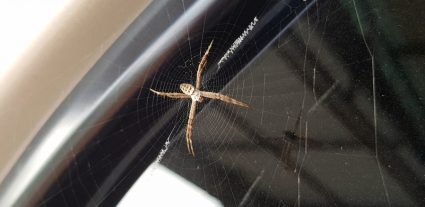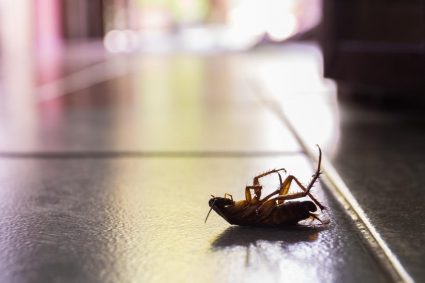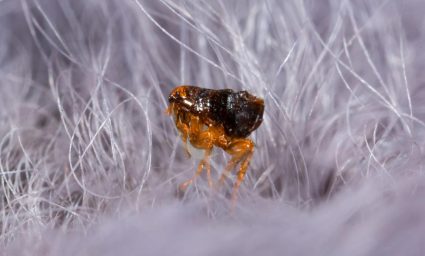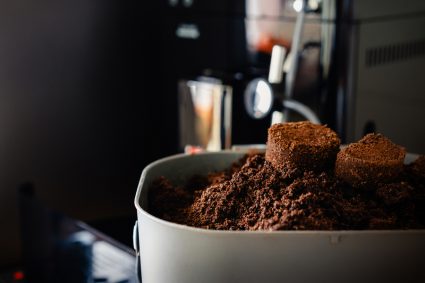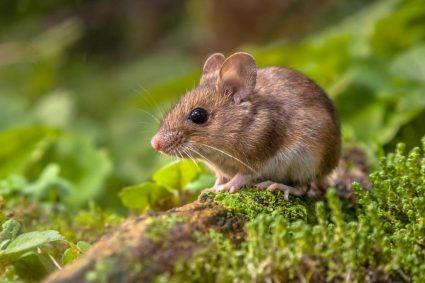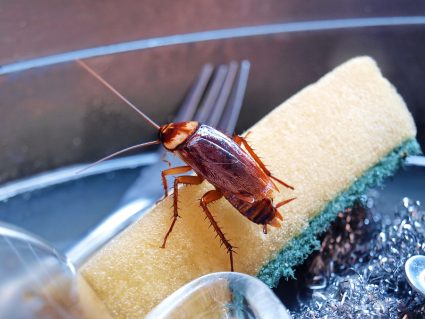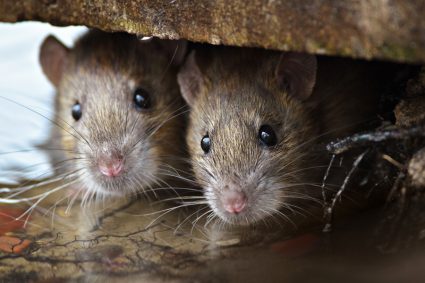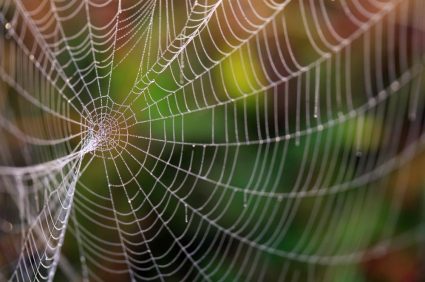
Flying ants can be a real nuisance, especially during their mating season when they swarm in large numbers. These insects can invade your home, garden, or outdoor areas, causing discomfort and even potential damage. In this comprehensive guide, we will explore various methods to effectively repel flying ants and prevent them from becoming a problem in your home or garden.
To repel flying ants, use a spray made from dish soap, water, and peppermint oil. Natural deterrents such as lemon peels, orange peels, cinnamon sticks, or cloves can also be effective. Essential oils like peppermint, clove, or citrus oils can be diluted with water and sprayed in areas with ant activity. Preventative measures include sealing entry points, storing food properly, and maintaining cleanliness in your home. For severe infestations, consider professional pest control services.
What Attracts Flying Ants?
To repel flying ants effectively, it’s crucial to understand what attracts them. Flying ants, also known as alates, are attracted to moisture, food sources, light sources, and established ant colonies. They are particularly drawn to damp and moist areas, food, especially sweet substances, and bright indoor lights. The presence of flying ants in your garden could indicate an established ant colony nearby, which could be in the ground, trees, or within the structure of buildings.
Natural Remedies to Repel Flying Ants
You can use a combination of natural remedies and preventive measures to repel flying ants. Here are some methods to help you:
Dish Soap and Peppermint Oil Spray: Mix one part liquid dish soap with two parts water in a spray bottle, and add several drops of peppermint oil. Spray the solution on the ants and the surrounding area. The soap will immobilize and dehydrate the ants, while the peppermint oil will suffocate them.
Use Natural Deterrents: Place lemon or orange peels, cinnamon sticks, or cloves near entry points or areas where you’ve noticed ant activity. The strong scents of these natural repellents can discourage ants from venturing further into your home.
Essential Oils: Dilute peppermint oil, clove oil, or citrus oils (such as lemon or orange oil) with water and spray it in areas where you want to deter flying ants. Repeat this process regularly to maintain effectiveness.
Preventative Measures to Avoid Attracting Flying Ants
Prevention is key to keeping flying ants away. By maintaining a clean home, sealing entry points, and using natural deterrents, you can effectively repel flying ants and prevent them from becoming a problem in your home.
Seal Entry Points: Inspect your home for any cracks, gaps, or openings that could serve as entry points for flying ants. Seal these areas using caulk or weatherstripping to create a physical barrier and prevent their access.
Store Food Properly: Ensure all food is stored securely in airtight containers, especially sweet or sugary items that are particularly appealing to ants. Wipe down countertops and clean up any spills promptly to eliminate potential food sources.
Keep Your Home Clean: Maintain good hygiene in your home by regularly cleaning and removing potential food sources for ants.
Professional Pest Control vs. DIY Methods
While DIY methods can be effective for smaller infestations or preventative measures, professional pest control services may be necessary for larger or more persistent infestations. Professionals have access to a wider range of products and methods, and they have the knowledge and experience to use them effectively and safely. If you’ve tried DIY methods without success, or if you’re dealing with a significant infestation, it’s worth considering professional pest control services.
Remember, the best way to deal with flying ants is to prevent them from becoming a problem in the first place. Regular cleaning, proper food storage, sealing potential entry points, and using natural deterrents can all help keep these pests at bay.
Whether you choose to tackle the problem on your own or seek professional help, this guide provides you with a comprehensive understanding of how to repel flying ants effectively. With the right knowledge and tools, you can keep your home ant-free and enjoy a comfortable and pest-free living environment.
Frequently Asked Questions
Can vinegar be used to repel flying ants?
Yes, vinegar can be used to repel flying ants. Ants dislike the smell of vinegar, and it can also disrupt the scent trails they leave. Mix equal parts of vinegar and water in a spray bottle and spray it in areas where you’ve noticed ant activity.
How does sealing entry points help in repelling flying ants?
Sealing entry points helps in repelling flying ants by creating a physical barrier that prevents them from entering your home. This includes any cracks, gaps, or openings in walls, windows, and doors.
Can flying ants cause damage to my home?
Yes, flying ants, particularly carpenter ants, can cause damage to your home. They can burrow into wood to build their nests, which can weaken the structure over time.
Are there any specific plants that can help repel flying ants?
Yes, certain plants like mint, tansy, and bay leaves are known to repel ants. Growing these plants in your garden or keeping them near entry points can help deter flying ants.
Can I use insecticides to repel flying ants?
Yes, insecticides can be used to repel and kill flying ants. However, they should be used with caution, as they can be harmful to humans and pets if not used correctly. Always follow the manufacturer’s instructions.

